| Around this time last year, I was 10,000 words short of finishing the first draft of a dystopian novel provisionally entitled Snowflake, but failed to meet my overambitious target of getting it done before my “summer break”. Almost a year on, although I’ve done a fair amount ofsome editing, I still haven’t written those final scenes. Aside from the usual dose of self-doubt, two things have held me back: one about plot, the other about genre. How do I get my characters in and out of the cave? With a fourteen-year-old narrator, ought I to position this novel as YA? |
| I am interested in adolescence, and write about it quite a bit. It’s a major theme in my debut novel, Sugar and Snails, and Steve, the narrator of my second novel, Underneath, is a teenager in the body of a forty-year-old man. But to write for young people? In my long-ago youth there were books for adults and books for children, and YA as a genre didn’t exist. |
But there must have been some overlap: Jane Eyre, for example, and other classics appealed to both old and young. Nowadays, lots of adults read fiction aimed at teenagers, but I’ve never felt the pull. How could I write what I don’t read? Well, I did enjoy A Jigsaw of Fire and Stars when I requested it by accident. Perhaps I could read a couple more.
In The Wind Reader, beautiful language transports the reader to an imaginary world, made credible by exquisite detail, to follow the fortunes of a fifteen-year-old boy struggling to survive long enough to make it home.
Both novels are strong on story, following the twisty-turny hero’s journey in some form. I particularly enjoyed the theme of forging an identity separate from one’s parents – a major task of adolescence – through confronting moral and ethical issues. For Lucy in Shell, it’s the survival of the rich at the expense of the poor; for Doniver in The Wind Reader, it’s loyalty to what’s right versus loyalty to the tribe. Big issues, relevant at any age; perhaps right-wing politicians need an injection of YA.
| I was able to supplement this reading with a workshop led by Paula at the Writers’ Studio. My main takeaway points were the centrality of character, pace and conflict in YA; a teenage protagonist – preferably as first-person narrator – who makes things happen rather than the action being dependent on the adults; and – in answer to my main reservation – you can write about anything with no need to dumb down. |
| I thought I’d use this week’s flash fiction challenge -- For one day -- to help me nail the essentials of my main character’s dark night of the soul. I’m not sure I’ve yet to come up with anything I didn’t already know, but the discipline of the 99-word story has certainly helped me focus. Not sure if it works if you haven’t been on my character’s journey, however! |
For one day, Britons will feel great again, commemorating deliverance from fronceys and krauts. For one day, Nelson’s peers will admire him, as he steers the procession through flag-waving crowds. For one day, security will slacken at the borders, and Rommel’s determined to defect.
“Come with me, Nelson. You’ll die at Bootcamp if you don’t.”
Rommel’s dad can’t influence the Ministry. Rommel’s dad can’t trust him to infiltrate a traitors’ ring. When Nelson learns his dad’s limitations, he’s already jeopardised his friends.
For one day, Nelson must rise above his terrors. One day, one chance to save his skin.
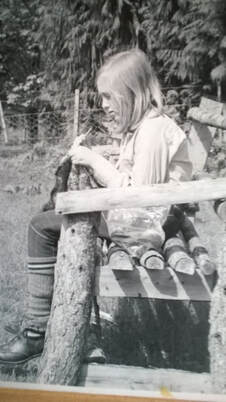
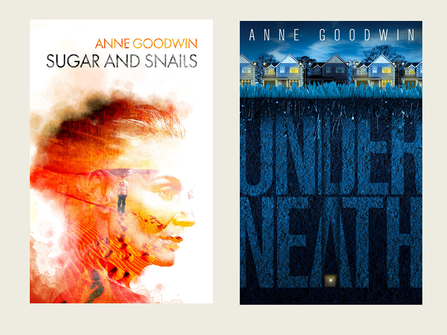
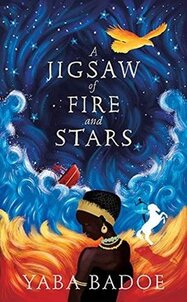
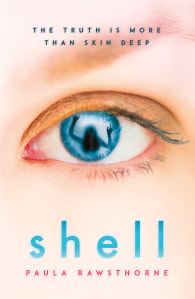
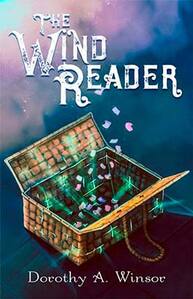

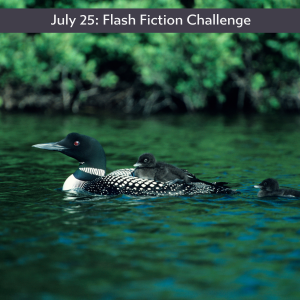
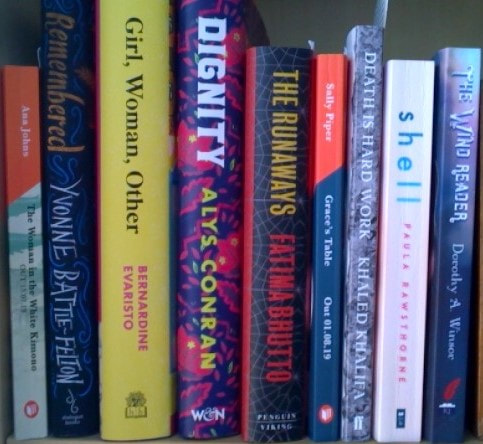





















 RSS Feed
RSS Feed





















